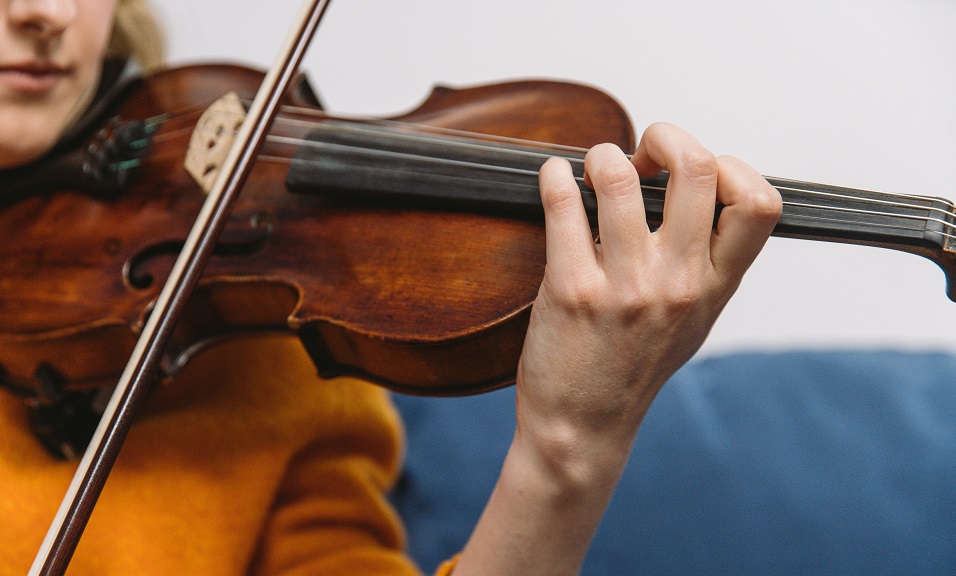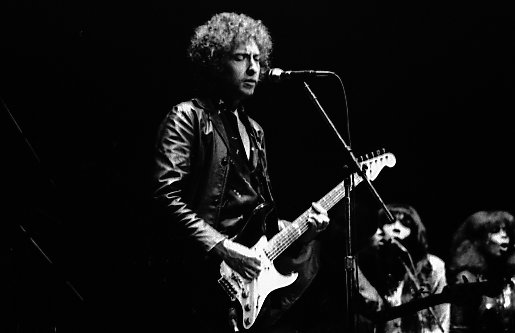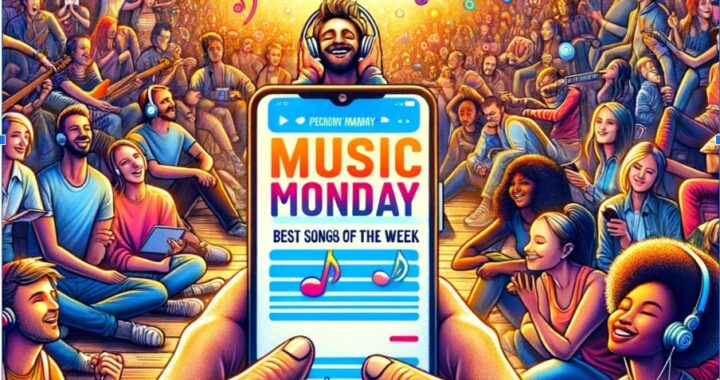Feature: Musical Hobbies of Students: Exploring Genres, Performers, and Instruments
3 min read
Music has always been an integral component of human culture, providing joy, expression, and creativity. For students in particular, musical hobbies offer an outlet from academic pressures while diving deep into melodies, rhythms, and harmonies. This article takes a closer look at their diverse musical interests – their preferred genres, performers they admire most and instruments they choose to play – giving an inside view into these musical hobbies that offer solace from academic stressors.
Genres That Touch Me Personally:
Students’ musical tastes span an impressive array of genres. From soulful rhythms of blues and jazz to the vibrant beats of electronic dance music, students enjoy it all. Classical compositions may provide emotional solace; rock and roll may energize them more; hip-hop/rap resonates with those seeking socially relevant lyrics while pop remains timeless with its catchy hooks.
Artists We Admire and Their Influence:
Iconic performers influence students’ musical choices. Legendary artists such as Mozart, Beethoven, Elvis Presley and The Beatles remain sources of inspiration to generations while more modern stars like Beyonce Ed Sheeran and Taylor Swift hold great esteem among fans. Students may gravitate toward artists whose values and aspirations align with theirs, turning to them for motivation or connection purposes.
Instruments That Create Melodies:
Playing musical instruments is an increasingly popular pastime among students. Guitar is often chosen due to its portability and versatility, while piano and keyboard provide an introduction to music theory while drums and percussion instruments allow rhythmic expression. String instruments like violin and cello as well as wind instruments like the saxophone or flute also attract those seeking melodies in their lives.
Musical Hobbies and Student Life:
Engaging in musical hobbies enriches students in numerous ways. Learning an instrument strengthens cognitive skills and memory retention while teaching discipline and perseverance – lessons which carry over into any endeavor in which one engages. Participating in bands, choirs, or orchestras promotes teamwork and collaboration while acting as an outlet to manage stress and anxiety.
Digital Music Exploration:
Students living in the digital era enjoy access to an enormous selection of music. Through streaming platforms and social media, they are able to explore global genres, find emerging artists and discuss musical interests with peers. Furthermore, online tutorials and courses make learning instruments more accessible allowing students to embark on musical adventures from the comfort of their homes.
Combine University Studies with Musical Instrument Play
Student life at university can be demanding, yet musical hobbies still find an important place in many students’ schedules. Many choose to combine academic responsibilities with playing musical instruments in order to find the balance between academic studies and musical interests.
One key part of striking a balance could include seeking academic assistance from writepaperfor.me platform of quality support in writing research papers and essays. This enables students to focus on honing musical talents without compromising academic success; both activities provide students with opportunities to broaden their horizons, foster creativity, and build discipline while engaging musical instruments can add variety to life and help reduce stress through their powerful relaxing effects. Luckily there are various resources that help students succeed both academically and musically!
Conclusion: An Ideal Blend of Passions
Students’ musical hobbies reflect their broad range of interests that enrich their lives. From classical symphonies to modern electronic beats, music touches us all differently – exploring various genres, admiring iconic performers, and mastering instruments can help students find passions that enhance academic experiences while contributing to personal development.
::: RenownedForSound.com’s Editor and Founder –
Interviewing and reviewing the best in new music and globally recognized artists is his passion.
Over the years he has been lucky enough to review thousands of music releases and concerts and interview artists ranging from top selling superstars like 27-time Grammy Award winner Alison Krauss, Boyz II Men, Roxette, Cyndi Lauper, Lisa Loeb and iconic Eagles front man/songwriter, Glenn Frey through to more recent successes including Newton Faulkner, Janelle Monae and Caro Emerald.
Brendon manages and coordinates the amazing team of writers on RenownedForSound.com who are based in the UK, the U.S and Australia.



